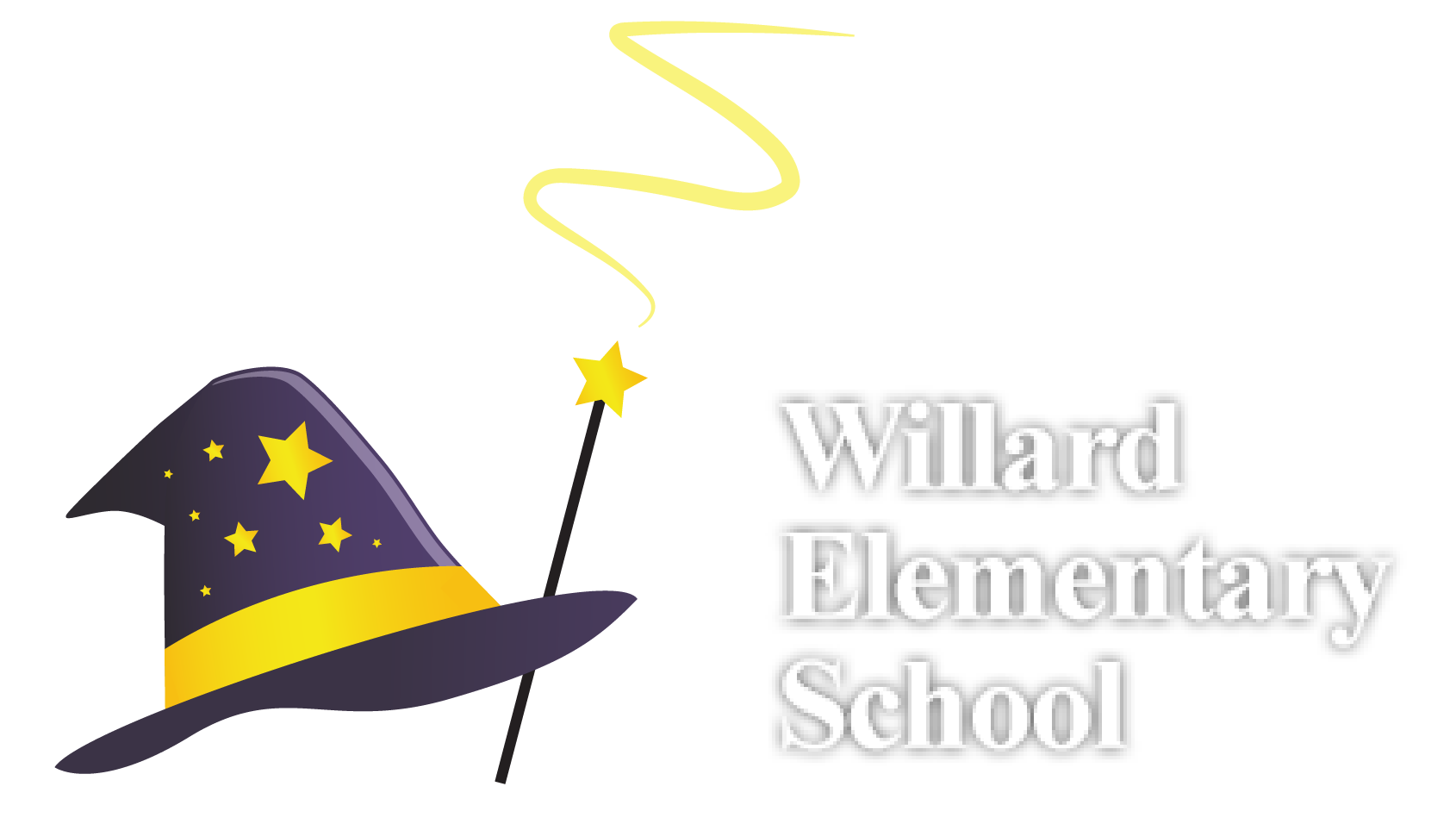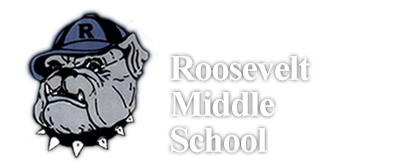Curriculum and Instruction
Curriculum
River Forest District 90 schools offer a comprehensive educational program for elementary school students, from kindergarten through 8th grade. The District’s math and English/language arts core curriculum aligns with Illinois Learning Standards, which incorporate the Common Core State Standards. These are a recently issued set of educational standards aimed at creating an internationally benchmarked framework for what students need to know to compete in the global marketplace.
Common Core Mathematics Standards
Common Core ELA Standards (coming soon)
The Standards provide a consistent, clear understanding of what students are expected to learn, so teachers and parents know what they need to do to help them. The Standards are designed to be robust and relevant to the real world, reflecting the knowledge and skills that young people need for success in college and careers. Other Common Core and exploratory subjects continue to be aligned with the Illinois State Standards. In addition to the core curriculum, exploratory courses and extracurricular activities are offered to enrich the educational experience.
Early Childhood Program
District 90's Inclusion Preschool Program is designed to provide developmentally age-appropriate experiences in a safe and nurturing educational environment for children from ages 3-5 years old. These experiences promote the physical, emotional, social and cognitive development within child centered curricular activities. The inclusion preschool program integrates children with disabilities and typical preschoolers who serve as role models for one another. Half-day classes are held Monday through Friday. Students eligible for special education services demonstrate delays in one or more of the following areas: speech and language, cognitive, fine motor, gross motor, socialization, adaptive, and/or behavior/social/emotional growth. For more information about the program and application process, contact the Director of Special Education.
Kindergarten
Lincoln and Willard Elementary Schools offer a half-day kindergarten program for students who are 5 years old on or before September 1 of the year of enrollment.
Instructional Program: Early Childhood - Grade 4
Studies in language arts, mathematics, science, and social studies constitute the core curriculum for students in grades K-4. Students in grades K-4 are scheduled for weekly exploratory classes in physical education, music, visual arts, and technology. An instructional specialist teaches each of these classes. Elementary school students also use the library learning center on a weekly basis.
Instructional Program: Grade 5 - Grade 8
Roosevelt Middle School extends the core curriculum areas of language arts, mathematics, science, and social studies from the elementary grades. In addition, foreign language (an option of French, Italian, or Spanish) is added to the core in grades 7 and 8. All middle school students receive daily physical education instruction from specialists in this field. General music, chorus, or instrumental music is offered, as is instruction in the visual arts, technology, and communication. The library learning center is used on a weekly basis to enhance core and exploratory curriculum experiences. Foreign language (French, Italian, and Spanish) is provided as a 5th and 6th grade exploratory.
Differentiation
District 90 emphasizes differentiated instruction, a responsive teaching approach that addresses the needs of a wide range of learners by adapting content, process, and product in response to student readiness, interest, and/or learning profile within a mixed-ability classroom. It includes the planning, preparation, and implementation of comprehensive, meaningful, flexible instruction that challenges students to think, work, and produce at a high level.
Advanced Differentiated Learning: Programs for Gifted and Academically Talented
The District 90 curriculum is designed to meet the needs of a high-performing student body. Teachers receive staff development training on differentiating their instruction in order to meet the needs of a diverse group of learners. Class sizes also are kept low, especially in the elementary schools, in order to facilitate differentiated instruction.
Roosevelt Middle School offers an academically talented program (ATP) for eligible students. Humanities and/or accelerated mathematics are offered to 5th through 8th graders. These highly demanding courses accelerate students approximately one - two years. Eligibility for 2020-2021 school year is currently being developed and will be presented at a future Board of Education meeting.
Accelerated Placement Act for Whole Grade and Subject Acceleration
Multi-Tiered Systems of Support
Multi-Tiered Systems of Support, or MTSS, is a federal and state initiative to provide students with the help they need to be successful as early as possible.
MTSS uses a problem-solving model to focus on improving student performance. Staff members work together to identify whether a problem exists, analyze why the problem is occurring, develop and implement research-based interventions, and evaluate whether the interventions were successful.
Students are identified for MTSS through a variety of formal and informal means, including Measures of Academic Progress (MAP) testing; grade-level, research-based assessments; teacher observations and team concerns; and parent concerns.
MTSS is organized as a three-tiered model that uses increasingly intense interventions for each tier; staff members use data to monitor a student's progress and evaluate whether an intervention has been successful. The three tiers of MTSS are as follows:
- Tier I: The first tier of intervention begins with good differentiation—the academic and behavioral strategies that teachers use in the regular classroom at the first sign a student is having difficulty.
- Tier II: A student moves to tier II when progress monitoring shows that a student has made insufficient progress in a specific area of the curriculum, despite differentiation. The intervention is research-based and occurs within the academic setting, implemented by the classroom teacher and/or other resource personnel, for instance, the reading specialist.
- Tier III: If further data shows that the student continues to lack progress, a more intense approach may be recommended for the identified need, for instance, increased academic or social support, a new intervention, or increased time. Tier III may include services available under the special education model.
This site provides information using PDF, visit this link to download the Adobe Acrobat Reader DC software.

%20(1).png?mask=2)

